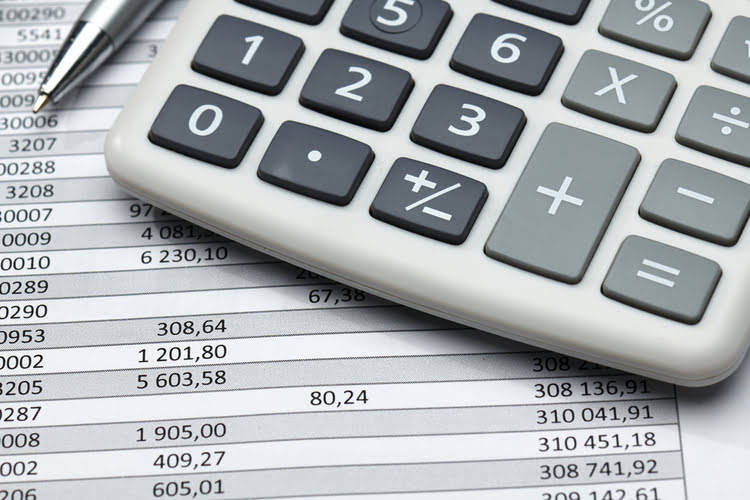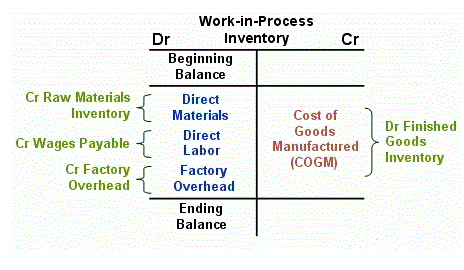
Thankfully, that conversation let me understand a future one where I was given quotes for a single and an aggregate line of authority. They said it was $3MM and $12MM, respectively, so I knew they meant $3 million and $12 million. I have worked in equity markets for 20 years and poor abbreviations drive me crazy.

What Does ‘MM’ Mean in Accounting?
The “MM” abbreviation is applied to all whole number values, and can be used in financial statements, business headlines, investment summaries, and when discussing large amounts of money. No one should make any investment decision without first consulting his or her own financial advisor and conducting his or her own research and due diligence. The information provided on , in webinars and accompanying material is for entertainment and informational purposes only. It should not be considered legal, tax, investment, or financial advice. You should consult with a licensed attorney, CPA or other professional to determine what may be best for your individual needs. You won’t typically see the power of 10 rule applied to mm meaning financial documents today.
Should I use $mm or $m for millions?

Most financial sums are tracked in ones, tens, hundreds, thousands, and ten thousands. The usage of “M” what does mm mean in business and “MM” as abbreviations for “million” depends on the context, industry, or regional norms. For example, tech companies might summarize billion-dollar valuations using MM for brevity.

What Is BBO Online?

My company seems to move customers into income summary different tiers for no rhyme or reason, so I’m curious to hear the methodology of other companies. The financial world uses « K » when referring to « per thousand dollars ». Why is there such a difference in terms when they basically mean the same thing? K comes from the Greek world « kilo » which means one thousand and is used in metric / decimal systems.
- Merchants and bankers required a standardized way to represent large sums of money, leading to the adoption of “MM” to denote millions.
- The bottom line is “MM” provides a clear, compact way to communicate large numbers and amounts in the millions concisely across many contexts.
- Other numbers, such as “thousand,” have more interesting abbreviations, such as “k.” The three letters “mil” are very clearly defined as mbeaning million, so you shouldn’t run into any issues.
- In financial operations – where every zero in a number is crucial – abbreviating large figures helps reduce potential errors when handling complex calculations and transactions.
- Regardless of why you are trying to abbreviate the word “million,” you have come to the right place.
- It adds professional polish by demonstrating command of industry conventions.
Avoid using abbreviations excessively or informally in documents, reports, or academic papers unless it aligns with the accepted conventions and guidelines of the particular context. When it comes to academic and scientific writing, the preference for abbreviating “million” can vary based https://www.bookstime.com/ on the specific style guide or publication. Now that we have an understanding of the common abbreviations, let’s explore the specific contexts in which “M” and “MM” are used. Aside from finance, you may also encounter the use of “M” in various other contexts.
- You might come across “mm” in scientific or engineering fields, where different values are required, and they can reach well into the millions as a unit.
- At Old Republic Surety we seek to deliver transparency and clarity in our communications.
- Moreover, MM is often employed in financial modeling and forecasting.
- It makes the most sense considering that “million” starts with the letter “M.” Most abbreviations follow this standard practice.
- I have seen one million represented by mn and also by m (both lower case).
In finance and accounting, MM (or lowercase “mm”) denotes that the units of figures presented are in millions. Thus, MM is the same as writing “M multiplied by M,” which is equal to “1,000 times 1,000”, which equals 1,000,000 (one million). In the context of international reporting, the use of “MM” to denote millions plays a significant role in ensuring clarity and uniformity across diverse financial landscapes. As businesses operate on a global scale, the need for standardized financial terminology becomes paramount. On the other hand, “MM” stands for millions, a convention that has gained widespread acceptance in financial reporting and analysis.
